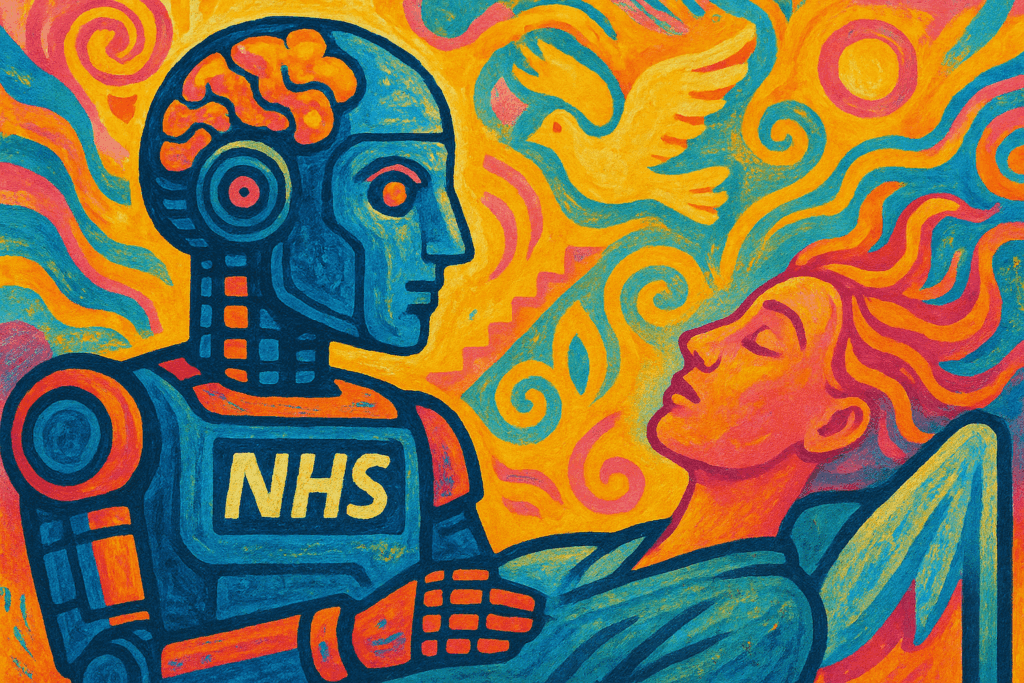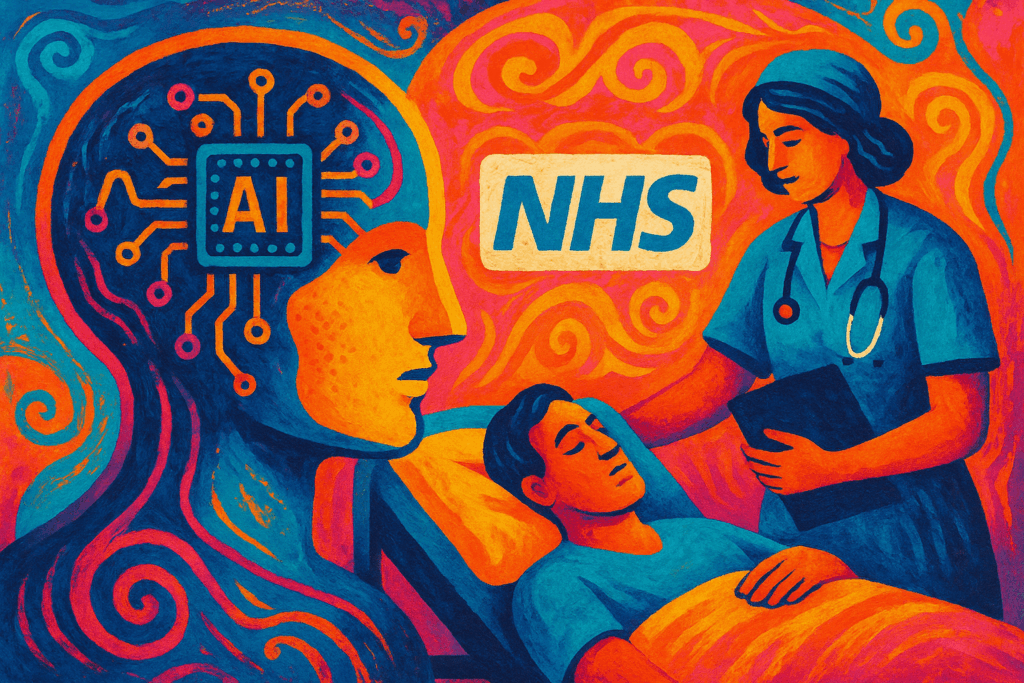AI’s Impact: A New Era in Healthcare
Artificial intelligence has become a pivotal force in healthcare, driving significant shifts in how medical professionals diagnose, treat, and care for patients. Recent developments in AI technologies demonstrate a clear movement toward more precise, efficient, and patient-centered healthcare delivery. This emerging era is defined by the integration of sophisticated algorithms and data-driven tools that support decision-making and improve outcomes.
Key Areas of Advancement
Accelerating Diagnostics
AI-powered imaging analysis has transformed traditional diagnostic processes by enabling faster and more accurate detection of diseases such as cancer, cardiovascular conditions, and neurological disorders. Machine learning models now interpret complex imaging data with precision previously unattainable, facilitating earlier intervention. Additionally, AI algorithms assist in interpreting lab results and patient histories, reducing human error and expediting diagnoses.
Revolutionizing Drug Discovery
The drug development pipeline benefits significantly from AI applications that identify promising molecular structures and predict their behaviors before clinical trials. This leads to shortened timelines and reductions in R&D costs. AI models optimize clinical trial design by stratifying patient groups and forecasting outcomes, improving trial efficiency and success rates. Such capabilities are reshaping pharmaceutical innovation and bringing novel therapies to market more swiftly.
Tailoring Patient Care
Personalized medicine leverages AI to analyze genetic, environmental, and lifestyle data, crafting treatment plans unique to individual patients. Predictive analytics anticipate disease progression, enabling preemptive actions that improve patient health trajectories. Furthermore, AI-driven tools support continuous monitoring and remote care, fostering proactive management of chronic conditions and enhancing overall patient engagement.
Opportunities and Considerations Ahead
The trajectory of AI in healthcare presents vast opportunities for improved patient outcomes and operational efficiencies. However, challenges remain, including safeguarding data privacy, ensuring interoperability across health systems, and establishing transparent algorithms that address bias and ethical concerns. Effective integration of AI requires collaboration among technologists, clinicians, and policymakers to maintain trust and maximize benefits.
As AI solidifies its role within medical practice, healthcare stakeholders must balance innovation with diligence to navigate this evolving landscape responsibly.
Conclusion: AI’s influence on healthcare is advancing with remarkable momentum. The latest breakthroughs not only enhance current capabilities but also open pathways toward more individualized and efficient care. For practitioners and patients alike, this signals an irreversible transformation with far-reaching implications for the future of medicine.




